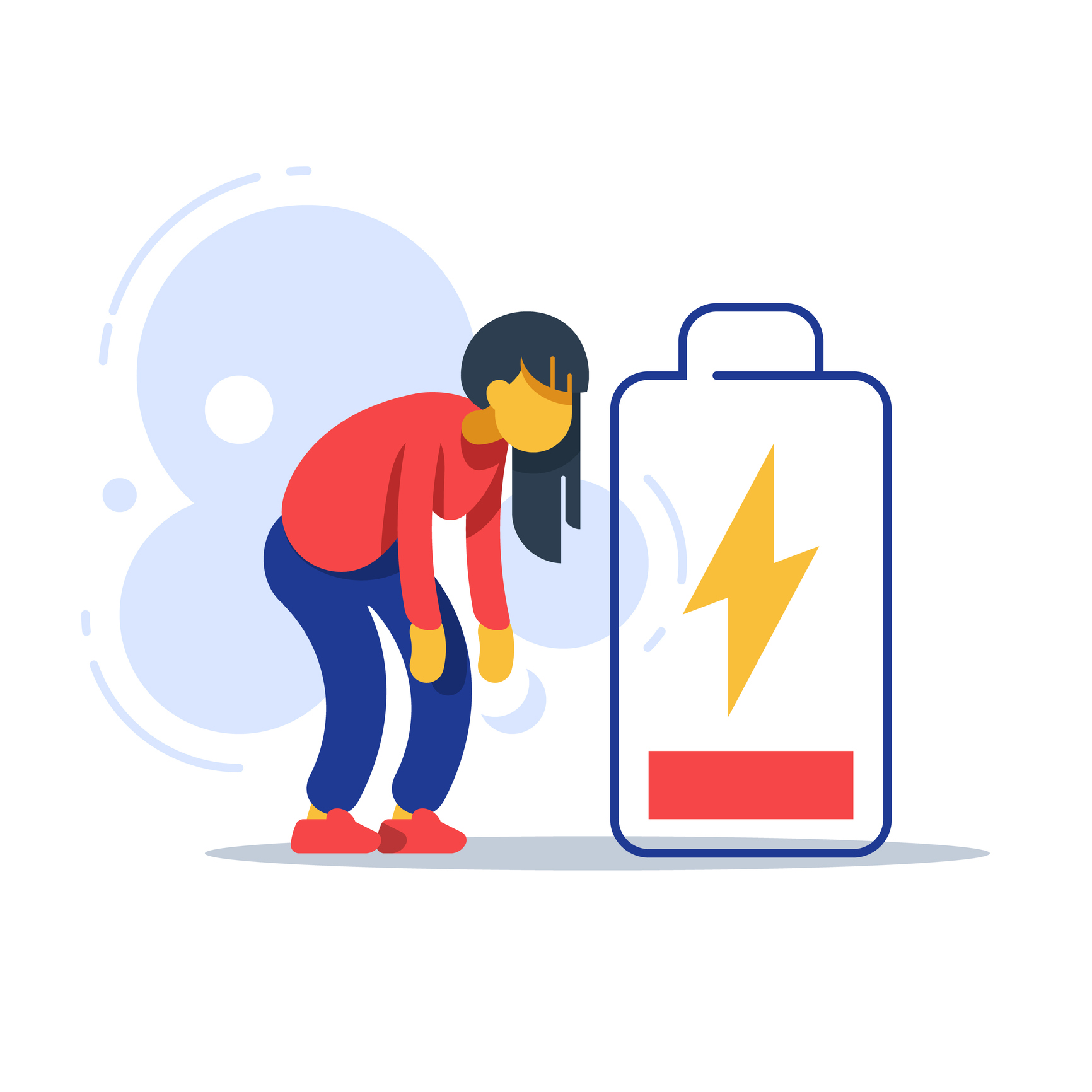Shining a Spotlight on the Invisible – Fatigue at Work
Written by: Kim Moull, AE, Senior Ergonomist
As the COVID-19 pandemic continues to impact our daily ways of living, many businesses have been developing strategies to pivot their operations in order to keep their employees safe and to comply with the current legislation. The demands of the current situation not only include obvious risks to the physical health of workers but also potentially create hidden mental health risks. For many of us, the increased feelings of stress, worry, and anxiety can be absolutely exhausting. This doesn’t come as a surprise as there is an abundance of research to demonstrate links between mental health issues and fatigue.

What if my employees are working from home? Surely that should make things easier and more relaxing right?
Not necessarily. In an article recently posted on the BBC website, Gianpiero Petriglieri, an associate professor at Insead, who explores sustainable learning and development in the workplace, explained that phone calls and video conferences require more attention and focus compared face-to-face interactions. This can ultimately be pretty energy consuming.
Since the effects of fatigue are highly individual, there is no proven “one size fits all” approach to managing it in the workplace. We know that some organizations operating within fields such as health care, emergency services, and public transit enforce fatigue self-assessments among their staff to ensure that they are safe to work. These types of organizations may also administer training to their employees related to how to recognize fatigue within themselves and others, best sleep hygiene practices, and strategies to increase alertness.
While you develop your plans for returning to work and resuming business operations, it is critical to consider how fatigue could impact your staff. If you aren’t sure where to start, we’re here to help - get in touch with us at Options Inc. today. Implementing a fatigue management program and promoting a work culture where the variables surrounding fatigue are understood is crucial to supporting a holistic health and safety approach.
Reference:
www.bbc.com/worklife/article/20200421-why-zoom-video-chats-are-so-exhaustingContact Us Back to Articles
Related Article
Pillow Talk - Ergonomics of Sleep
Everyone knows that sleep is important. We have all found out the hard way that a poor sleep can negatively affect traits such as attention, concentration, memory and decision-making. Most research states that adults require 7-9 hours of quality sleep per night. This article provides tips you can try to ensure your body is adequately supported during inevitably prolonged, static postures while sleeping.
Read More